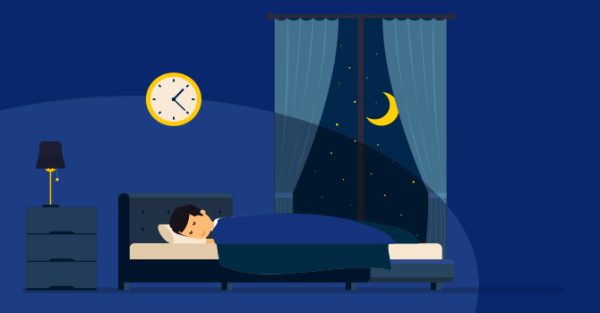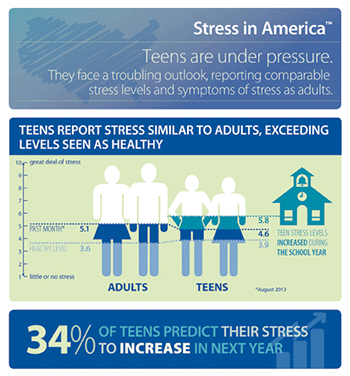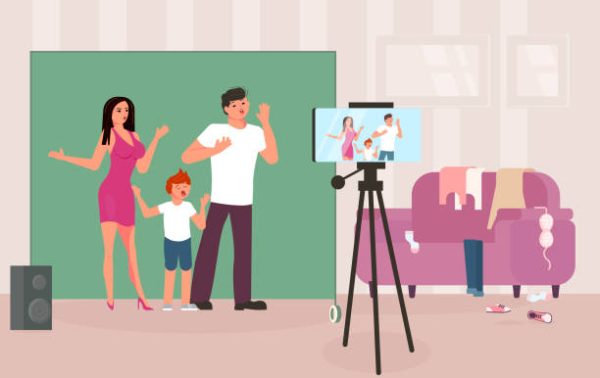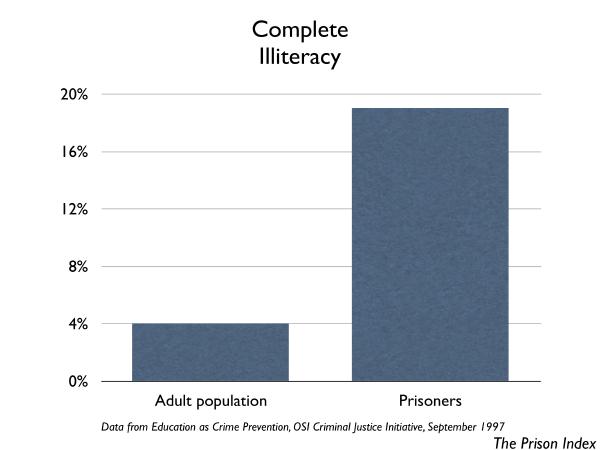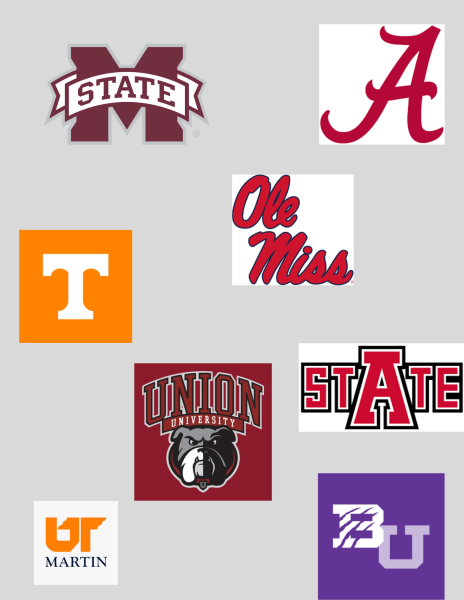Nurses are Underpaid and Under-Appreciated

May 9, 2023
Nursing is one of the most demanding professions in the world today. Nurses were among some of the front-line workers during the COVID-19 pandemic and usually care for sick patients more than any other healthcare profession does. As their workload increases, people are beginning to realize that nurses are underpaid and overworked. During the COVID-19 pandemic, many nurses worked long hours, had to cover the shifts of sick coworkers and put their lives on the line in order to care for ill patients – all while being underpaid. Government officials show no respect for healthcare workers in regard to their workload and salary. Doctors are paid more than nurses yet spend less time with patients and work fewer hours. A majority of nurses are unsatisfied with their pay and end up leaving the profession, causing a shortage of nurses. Nurses deserve more respect and credit than what they get because they are the backbone of today’s society. Without them, there would be constant sickness among individuals and inadequate care for those in need. The world needs to realize the mistreatment nurses go through before it’s too late.
If nurses are so unsatisfied with their pay, why don’t they voice their concerns to government officials that are in charge of their paychecks? The answer is simple – some government officials have no respect for healthcare workers. In Sydney, Australia, thousands of nurses and midwives packed the streets to fight for shift ratios and a pay increase after the pandemic. They held public protests in the hope that the parliament would listen to their needs. Health Minister Brad Hazzard “offered nurses and midwives nothing but a ‘pat on the back” (Overworked and Underpaid 2.) Nurses are not taken seriously when they voice their needs to stay in such a demanding profession, which shows how undervalued they truly are. Many nurses feel that a majority of government officials have no right to determine their salary. O’Bray Smith, New South Wales Nurses and Midwives Association President revealed that she was shocked that politicians who had “no background in health, no health experience and no understanding of healthcare” (“Overpaid and Underworked” 1.) were making decisions about the working lives of nurses across the country. Nurses know they played a vital role in society but recognize the ignorance of government officials.
Nursing salaries are too low for nurses to do the things they do on a daily basis. Nurses deal with life, death, contagious and deadly illness, and dangerous situations selflessly. They are constantly putting themselves and their families at risk every time they work a shift. Brett Holmes, New South Wales Nurses and Midwives Association General Security spoke at the rally in Sydney, Australia, and stated, “Let’s not forget what this premier did to you in 2020. This premier said, ‘We want you to go to work, put your life on the line, put your family’s life on the line’–this is all before we had the magical vaccinations–…’Well bugger you, you ought to take a pay cut as well.’” (Overworked and Underpaid 2.) Holmes said this in order to remind nurses and educate others on the mistreatment nurses go through due to the expectations set for them by officials. Holmes goes on to say, “Not only do you deserve to go to work with the right number of nurses and midwives to look after the right numbers of patients, but you deserve a pay rise as well.” Holmes addressed the fact that nurses and midwives were understaffed and underpaid and knew that they deserved better.
Some people, however, feel that nurses aren’t underpaid at all. The average salary for the average American is roughly $55,000. According to “Overworked Nurses Are Underpaid & Underappreciated”, “The bare bones national average for a working RN is $60,700.” While that is above the national average salary, it is not adequate enough to compensate for the workload that nurses face. That same article goes on to state, “In the major metro areas of the country the following statistics reflect the average annual salaries for RNs (the higher end of the pay scale):
- Boston — $76,000
- Chicago — $64,500
- Detroit — $64,000
- Dallas/Ft Worth/Arlington — $61,800
- DC — $71,700
- Los Angeles — $75,700
- Miami — $64,500
- New York/Northern NJ — $76,000
- Philadelphia/Wilmington DE — $66,000
- San Francisco — $90,700
- Seattle/Tacome — $71,700”
While all these salaries are higher than the national average, especially those in California, the cost of living needs to be taken into consideration. It is relatively expensive to live in California, therefore dismissing the high salary. Similarly, a person making $55,000 a year with $38,500 worth of bills is no different than a person making $90,700 a year with $63,490 worth of bills cite source here. Nurses deserve a higher salary than what they currently earn based on their demanding workload. There’s no excuse for why someone in an office job is making nearly as much as someone saving the lives of thousands.
Nurses are the primary care provider for sick patients in clinics, hospitals, and other medical places. So why do doctors usually get all the credit when it comes to a patient’s recovery? Eamon Merrick, author of “Equal But Not The Same: Why We Need to Rethink How Doctors And Nurses Work”, claims that “instead of giving nurses the room to shine in their workplace, the traditional role of the doctor as the dominant professional means nurses face both structural and professional inequalities.” While nurses perform most of the work when it comes to treatment for a patient, they are often discredited due to the doctor’s stereotypical role as the “hero” or “life-saver”. In reality, nurses are responsible for a majority of the life-saving care patients receive. In “Estimating Time Physicians and Other Health Care Workers Spend with Patients in an Intensive Care Unit Using a Sensor Network”, the authors state, “From a patient’s perspective, we found that care times, defined as time with at least one health care worker of a designated type in their intensive care unit room, were distributed as follows: 13.11% (9.90%) with physicians, 86.14% (88.15%) with nurses, and 8.14% (7.52%) with critical support staff (eg, respiratory therapists, pharmacists).” This data is proof that patients receive most of their care from nurses while in the hospital. Yet, nurses are still seen as doctor’s assistant,s and their skill sets are undervalued greatly.
In conclusion, nurses are highly underappreciated and do not get paid enough to compensate for their extreme workload. Nurses are expected to put their patient’s safety above their own and do everything in their power to heal them, all while being seen as the underdog in comparison to doctors. They are expected to deal with death, contagious diseases, unsafe patients/environments, and emotional turmoil while being overworked and underpaid. It is unacceptable for a nurse to be making nearly the same salary as someone who works a simple office job when the two workloads and work environments are nothing alike, nor are the qualifications for the job.


